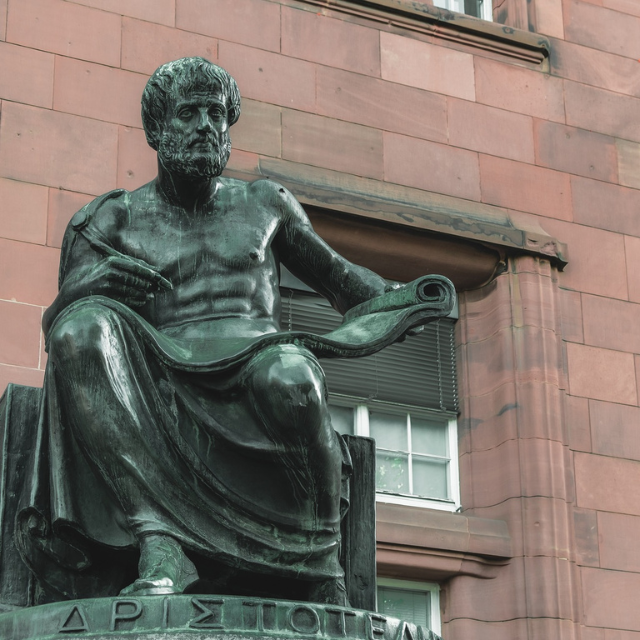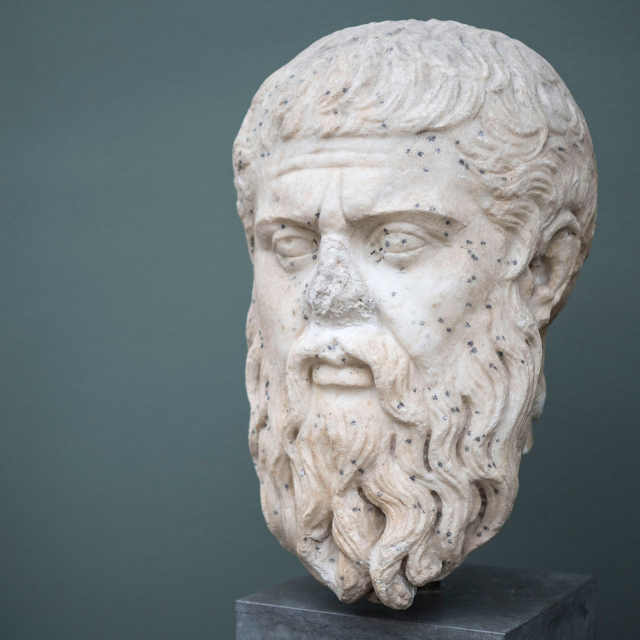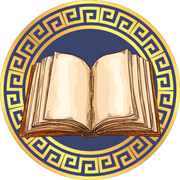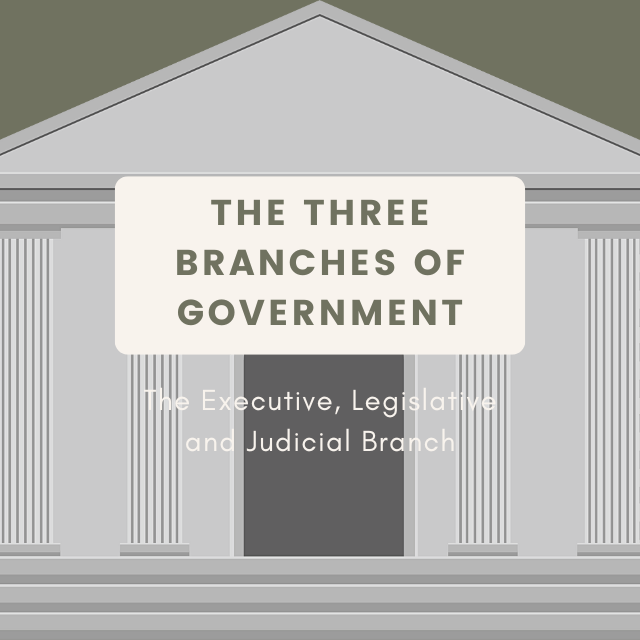Aristotle's Guide to Politics
Greek Philosopher and Scientist, student of Plato and the teacher of Alexander the Great, Aristotle, was born in 384 B.C; You will learn the purpose of a State and its constitution, the types of Political Associations, Aristotle's Defense of Slavery, and more.

Who is Aristotle?
Greek Philosopher and Scientist, student of Plato and the teacher of Alexander the Great, Aristotle, was born in 384 B.C.
His literature covers many subjects including but not limited to: Physics, Music, Economics, Psychology, Politics, and Government.
He founded his own School, the Lyceum, in Athens; He taught there till 322 B.C when he was accused of impiety and fled to his mother's family estate in Chalcis, on Euboea; He died of natural causes shortly after.
What will you learn?
You will learn the purpose of a State and its constitution, the types of Political Associations, Aristotle's Defense of Slavery, and more.
Man is a Political Animal
He who is without a polis, by reason of his own nature is either a poor sort of being or a God. - Aristotle
Aristotle claims that due to Man's ability for social action and moral reasoning, we are able to prosper and be at the top of the food chain.
We are essentially engaging in politics to survive and prosper, which led to the rise of civilization.
The state is then a creation of nature, because it was created through politics, which is an ability Man naturally have, thus the saying "Man is by nature a political animal".
The State and its Constitution
A Polis or a State, is not simply created for the sake of mere life or mere political alliances, it is created for the sake of a good life, one where virtue is reflected in the highest good.
Types of Political Association
Aristotle discussed about the differences of Monarchies and Tyrannies, Aristocracies and Oligarchies, and Democracies and Poleis.
Monarchy / Tyranny
Monarchy is a form of Government where it is ruled by one, but serves the interest of all; Tyranny, on the other hand is a form of Government where it is ruled by one but serves the interest of the ruler himself.
The ruler of a Monarchy or Tyranny has absolute control and power in constitutions and laws.
Aristocracy / Oligarchy
Aristocracy, it is a form of Government where it is ruled by the few that serves the interest of all; Oligarchy, on the other hand, is a form of Government where it is ruled by the few that serves the interest of the well-to-do.
Aristocracy derives from Greek word "Aristokratia" which means "rule of the best"; The rulers of an Aristocracy are persons who are best qualified to rule.
Oligarchy derives from the Greek word "Oligarkhía" which means "rule by few"; The ruler of an Oligarchy consists of persons who are rich or has control over the country's resources or treasury.
Polity / Democracy
Polity, also known as a Republic, is a form of Government where it serves the interest of all citizens as a whole; Democracy, on the other hand, is a form Government where it serves the interest of the majority, which often happens to be the middle-class and the poor.
So, the well-to-do tend to receive less benefits from a Democratic Government than their poor and middle-class counterparts despite paying more in taxes.
Aristotle pointed out that this is an injustice; Law and Constitutions ought to serve the common good not for a single class or person.
Defense of Slavery
While the Master is merely the Master of the Slave, the Slave does not only belong to his Master, but also belongs entirely to himself. - Aristotle
Aristotle believes that there are people by nature free, and others by nature slaves.
Aristotle categorizes naturally Free people as individuals who are more suited for civic life; and natural Slaves as people who are more suited to do menial duties of life.
You can differentiate naturally free people and natural slaves through their level of rationality and their good character or lack thereof.
Tame animals have a better nature than wild, and it is better for all such animals that they should be ruled by a man because they then get the benefit of preservation.- Aristotle
It is better for Slaves to be ruled by a Master, Aristotle argued, because a man who is incapable of rationality and is easily swayed to do vices will not live a good and satisfying life.
It is then beneficial for both individuals to be in a slave and master relationship, so that the man can become beneficial to society and not a hindrance or a parasite.
Aristotle is also aware that there are instances where the roles of the Master and the Slave ought to be reversed or should have never come to fruition.
When is Slavery Justifiable?
For Aristotle, slavery is not only not wrong, but also justifiable depending on the context.
Slavery is only justified when both the Master and the Slave benefit from the relationship.
SUMMARY
- Man is a political animal because Man uses his ability for social action and moral reasoning to survive and prosper.
- A State is created for the sake of a good life, where virtue is reflected in the highest good.
- Monarchy is a form of Government where it is ruled by one but serves the interest of all; Tyranny is a form of Government where it is ruled by one but serves the interest of the ruler himself.
- Aristocracy is a form of Government where it is ruled by the few that serves the interest of all; Oligarchy is a form of Government where it is ruled by the few but serves the interest of the well-to-do.
- A Republic is a form of Government where it serves the interest of all citizens as a whole; Democracy is a form of Government where it serves the interest of the majority.
- Aristotle defines naturally Free people as individuals who are more suited for civic life; and natural Slaves as people who are more suited to do menial duties of life.
- Slavery is only justified when both the Master and the Slave benefit from the relationship.
If you liked learning about this, then you might like this one as well:

Last modified: September 29,2024
Copyright ©2023, ©2024 by Marshall Vulta





Comments ()